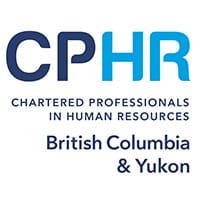Hazards exist in varying degrees at any job site. Learning how to deal with them should be part of every worker’s training program, and risk minimization a part of the daily routine for employees and employers in Canada. However, there is one workplace accident trigger that cannot be seen, and it is practically impossible for some workers to avoid.
In 2010, an ambulance heading toward Tofino on Vancouver Island drove over a barrier and crashed down a 33-metre cliff into the lake below. The two paramedics on board, a 59-year old woman and a 65-year old man, were both killed in the accident. It is believed the woman fell asleep at the wheel.
WorksafeBC reports that fatigue is a major cause of workplace accidents, and it’s understandable. Those who sleep less than 7.5 hours at night, or are awake more than 17 hours in a row are at greater risk of having an accident. A study from the United States Department of Transportation corroborates this finding, reporting that accident risk increases by 11 percent for those who work at night.
A representative of WorksafeBC questions whether governments and safety watchdog groups in Canada truly understand the serious threat posed by fatigue on the job. Workers in British Columbia who have suffered a workplace accident due to fatigue might be entitled to compensation, just as they might be if the cause was a more universally recognized job hazard. An attorney who deals with labour and employment law may be able to help with this type of situation.
Source: CBC News British Columbia, “‘You pay a health price for it’: When fatigue can become fatal at work“, Jon Hernandez, Sept. 22, 2016


